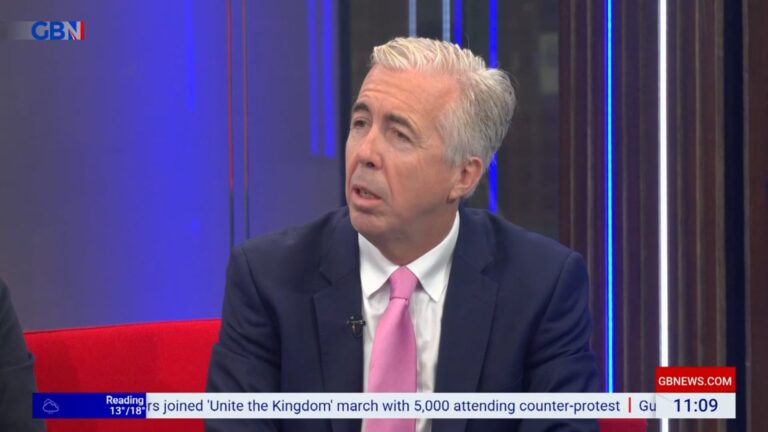Senior leaders from across local government, business, and national politics gathered in Birmingham for the Connections for Prosperity conference, hosted by thinktank the Centre for the New Midlands. With the West Midlands at a critical juncture in its growth story, the conference offered timely reflection on how greater alignment between councils, the private sector, and neighbouring regions will be essential to unlocking future success.
Across the many speeches and panel discussions throughout the day, a consistent theme emerged. Delivering meaningful, sustainable growth in the Midlands will require deeper collaboration and long-term policy thinking across institutional boundaries.
While challenges around productivity, investment and governance remain, the conference also highlighted the appetite for pragmatic partnership and innovation across the region.
The Mayor of the West Midlands, Richard Parker, opened the conference by reaffirming his commitment to unlocking growth through regional collaboration. Emphasising the importance of public-private partnership, he highlighted the need for long-term, joined-up investment across infrastructure, skills and housing to deliver on the region’s economic ambitions.
His remarks set a pragmatic and optimistic tone for the day, underscoring the role of regional leadership in shaping a more prosperous and connected Midlands.
Aligned leadership across council boundaries
One of the standout sessions featured the Chief Executives of Birmingham, Coventry and Wolverhampton City Councils – Joanne Roney CBE, Julie Nugent, and Tim Johnson. In a discussion marked by frankness and clarity, the panel offered insight into the pressures facing urban local authorities, and the future possibilities for growth.
Against a backdrop of financial constraint and increasing public demand, all three leaders emphasised the need for greater fiscal certainty, the simplification of funding mechanisms, and the empowerment of councils to deliver place-based solutions. Crucially, they presented a unified front, signalling their intent to work collectively across local authority boundaries to drive regeneration and investment. For policymakers, investors and developers, their alignment presents a valuable opportunity to engage with a cohesive and ambitious local leadership cohort.
Productivity and long-term investment
Several sessions addressed the longstanding productivity gap between the West Midlands and other UK regions. Contrary to some national narratives, the challenge is
not one of workforce skills or ambition. Rather, speakers pointed to structural underinvestment, policy volatility and a lack of devolved powers as key barriers to progress.
Calls were made for a step-change in the consistency and scale of infrastructure funding, as well as deeper partnership with central government. There was widespread agreement that the West Midlands is ready to deliver but requires the tools and time to do so. As such, organisations with long-term strategic outlooks are likely to be welcomed by regional leaders.
Economic resilience in a global context
The impact of global trade dynamics on regional economies formed the focus of an insightful session between BRI Wealth CEO Dan Boardman-Weston and Mark Garnier MP. The discussion underlined the increasingly localised consequences of international policies, particularly around US tariffs and supply chain disruption.
For the West Midlands, a hub of advanced manufacturing and logistics, these pressures have immediate implications. The session highlighted the need for regional resilience strategies that mitigate external shocks and protect economic continuity. Stakeholders operating in or supplying to the Midlands will need to factor in these global-local dynamics when planning for the years ahead.
Connectivity as an enabler of growth
The closing keynote, delivered by Nick Barton, the Chief Executive of Birmingham Airport, offered a practical reminder of the foundational role transport infrastructure plays in regional prosperity. His core message was that without efficient, reliable and future-facing transport networks, regional growth will stall.
Connectivity within the West Midlands, across the UK, and internationally emerged throughout the day as a fundamental enabler for investment, skills development, and business growth. The region’s future competitiveness will depend on the continued development of integrated, multi-modal transport solutions.
Opportunities for engagement
For businesses, investors and organisations, Connections for Prosperity reaffirmed the West Midlands’ appetite for partnership, innovation and strategic dialogue. Regional leaders are actively seeking solutions, particularly in areas such as housing delivery, digital infrastructure, skills, clean growth and place-based regeneration.
With local government leaders taking a proactive and collaborative stance, and key stakeholders aligned on the need for joined-up working, now is the time to make it happen.





